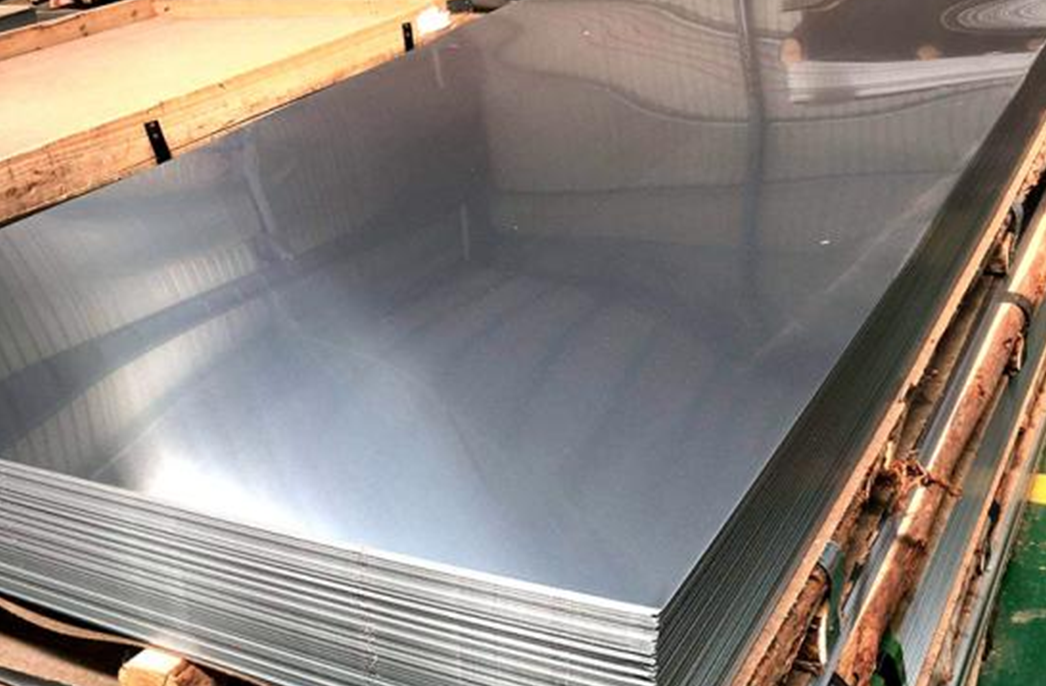China steel price mainly depend on government’s limited production
China's steel futures climbed to their highest in 2-1/2 weeks on Wednesday amid unconfirmed market talk of production curbs in cities surrounding Beijing ahead of the New Silk Road summit in May.
China typically orders industrial plants to cut or limit production to help clear the skies ahead of a major event such as when it hosted the G20 Summit in Hangzhou last year.
While there was discussion in the market of unconfirmed plans by the city of Tianjin and Hebei province, a top steel producing region near Beijing, to curb output around the mid-May summit, analyst Richard Lu at CRU consultancy in Beijing said he had not yet heard of an official order from the local governments.
"There might be restocking demand before and after the event and also the Labor Day holiday which would be positive for rebar prices," said Lu.
Chinese markets will be shut on May 1 for the Labor Day holiday.
The most-active rebar on the Shanghai Futures Exchange closed up 1.3 per cent at 2967 yuan ($US431) a tonne. Earlier in the session, the construction steel product hit 3032 yuan, its loftiest since April 10.
Based on their 2016 output, a 20-day stoppage of steel mills in Hebei and Tianjin may cut their combined crude steel production by 11.5 million tonnes, said Lu.
"However, this may not be the case if only sinter plants and independent re-rollers are requested to close rather than blast furnaces," he said.
The strength in steel prices pulled up iron ore, but the raw material ended only slightly higher after rising as much as 3.7 per cent. The most-active iron ore on the Dalian Commodity Exchange closed up 0.2 per cent at 496.50 yuan per tonne.
Firmer futures could help spot iron ore prices recover some lost ground.
Iron ore for delivery to China's Qingdao port edged up 55 US cents to $US66.62 a tonne on Wednesday, according to Metal Bulletin.
BHP Billiton trimmed its full-year production guidance for iron ore to between 268 million and 272 million tonnes and for coking coal to between 39 million and 41 million tonnes.
The miner said shipments of Australian coking coal to Asian steel mills will be affected in the current quarter after a cyclone swept across eastern Australia in late March. Aurizon Holdings said it had restarted its main Goonyella coal haulage line on a limited basis after Cyclone Debbie brought the line to a halt.
Coking coal on Dalian slipped 0.7 per cent to 1080 yuan a tonne.


 EN
EN
 AR
AR
 BG
BG
 CS
CS
 FR
FR
 DE
DE
 EL
EL
 HI
HI
 IT
IT
 JA
JA
 KO
KO
 NO
NO
 PL
PL
 PT
PT
 RO
RO
 RU
RU
 ES
ES
 SV
SV
 TL
TL
 ID
ID
 LT
LT
 SK
SK
 UK
UK
 VI
VI
 HU
HU
 MT
MT
 TH
TH
 TR
TR
 FA
FA
 MS
MS
 GA
GA
 BE
BE
 MK
MK
 AZ
AZ
 BN
BN
 LA
LA
 MN
MN
 MY
MY
 SU
SU
 HAW
HAW

